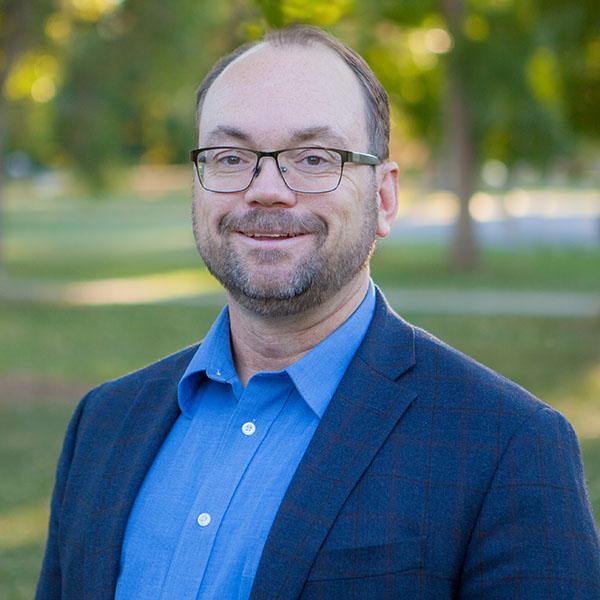Governor Hickenlooper Takes Aim at TABOR, Hospital Fee

Governor John Hickenlooper on Thursday set the stage for a public battle over the Taxpayer’s Bill of Rights (TABOR) that has been brewing for years.
Hickenlooper has been reluctant to take on TABOR, which limits government revenue and requires tax refunds once state coffers grow faster than inflation and population growth.
But that all changed in Thursday’s State of the State address.
The trigger is the Hospital Provider Fee, which is being blamed for pushing Colorado above its TABOR limit and requiring tax refunds at the same time that schools and colleges are facing cuts. The fee pays for Medicaid expansion and hospitals’ charity care.
Hickenlooper and legislative Democrats want to designate the provider fee as an “enterprise,” which would remove the fee revenue from the portion of the budget that counts toward the state’s TABOR limit. The legislature has created many enterprises, including all of its colleges, the lottery and state parks. Republicans oppose the move.
“If we can’t make this very reasonable change, like very many allowed under TABOR, then what choice do we have but to re-examine TABOR? Right now, no one can say with a straight face that our budget rules are working for us,” Hickenlooper said.
Never before has the governor used such strong language in public to question whether Colorado should revamp TABOR, a law that is unique among states and that Democrats say handcuffs Colorado in times of booming economic growth.
Republicans pledged to put up a fight. House Minority Leader Brian DelGrosso, R-Loveland, said designating the Hospital Provider Fee would violate the state constitution.
“Republicans will categorically support Colorado’s constitution and will not compromise its integrity under any circumstance,” DelGrosso said in his opening day address January 13.
DelGrosso said the legislature needs to do a better job of deciding how to spend state money.
“The reality is many of the problems we face are not the result of insufficient revenue, but rather a lack of prioritization,” he said.
DelGrosso and Senate President Bill Cadman, R-Colorado Springs, are pointing to an opinion by the legislature’s legal office that says enterprise status for the provider fee probably would violate the constitution. But Hickenlooper says Attorney General Cynthia Coffman has told him the move would be legal.
Hickenlooper dismissed the dueling opinions, saying, “Lawyers will disagree.”
Beyond the provider fee, there was plenty to talk about in health policy during the first two days of the legislative session.
Hickenlooper indirectly referenced the Colorado Health Access Survey when he celebrated Colorado’s success in covering the uninsured. He credited cooperation with nonprofits and the private sector.
“Thanks to this collaboration, over 93 percent of Coloradans now have health insurance. As a result, we’ve seen increases in the use of preventive services and lifesaving screenings, which help keep people healthy and save taxpayers money in the long run,” he said.
Hickenlooper spent a portion of his speech on mental health issues and called out the state’s suicide rate, which is fifth highest in the country.
He specifically talked about the role of guns – a highly controversial subject.
“Since 2012, firearm suicides have outpaced the number of Coloradans who die in car crashes. Auto fatalities have dropped to near-historic lows because we prioritized and put resources behind education and safety programs. We need to put the same kind of effort into increasing awareness of the links between mental health, suicide and guns,” Hickenlooper said.
A pilot program will get gun shops and firearms instructors involved in promoting suicide prevention, he said.
He also called on the legislature to strengthen laws that allow people to be held against their will temporarily for treatment of mental health episodes. He made a similar call in the past, but the legislature turned him down.
Speaker of the House Dickey Lee Hullinghorst, D-Boulder, hinted at another of the session’s flashpoints – funding for Planned Parenthood and the state’s long-acting reversible contraception program.
“Ideologues and opportunists will try to impose their views on the woman who isn’t ready to have a family,” Hullinghorst said. “We will defeat these ideologues and opportunists.”
Meanwhile, a torrent of new bills is flooding into the legislature. Watch this blog early next week for a recap of all the new health policy proposals.
And look to CHI throughout the 2016 session for the latest analysis of health issues. If you’re near the Capitol, join us next Tuesday morning, January 19, for breakfast outside the Old Supreme Court Chambers.
CHI Legislative Director Allie Morgan contributed to this post.

